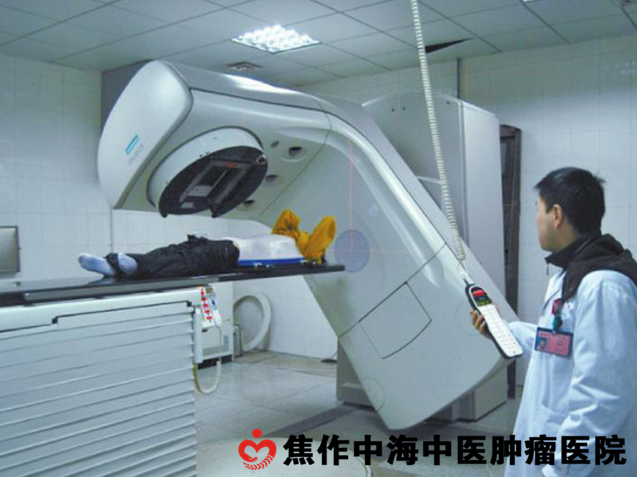1. What is radical radiotherapy? What is palliative radiotherapy? What is the connection between them.
Radical radiotherapy refers to the application of tumor lethal dose of radiation to completely eliminate the primary and metastatic lesions of malignant tumors. It is mainly suitable for tumors that are sensitive or moderately sensitive to radiation.
Palliative radiotherapy refers to radiotherapy for the purpose of relieving the pain of patients with advanced malignant tumors, improving symptoms and prolonging their lives. Clinically, it can be divided into two types: high palliation and low palliation. High palliative treatment is used for patients with good general condition, and the dose given is radical or close to radical. Low-grade palliative treatment is used in patients with poor general condition or advanced disease, and only wants to play a role in alleviating pain, the dose is only 1 ax 2 or 1 pm 3 of the radical dose. Palliative radiotherapy has the following effects:Pain relief: bone metastasis and soft tissue infiltration of lung cancer can cause severe pain.Relieve oppressive symptoms, such as superior vena cava syndrome caused by lung cancer, brain nerve symptoms caused by brain metastasis of lung cancer, etc.Control the development of distant metastasis, such as cervical lymph node metastasis of lung cancer.Of course, the so-called radical and palliative radiotherapy are relative and cannot be generalized. Radical radiotherapy may not have the effect of a radical cure, while palliative radiotherapy can sometimes achieve unexpected curative effects.2. What is targeted therapy?Targeted therapy is the treatment of targeted drugs, which are effective only for lung cancer patients with specific gene mutations, just like "precision guided bombs target". Targeted therapy is the biggest breakthrough in the treatment of lung cancer in the past 10 years. Compared with traditional chemotherapy, targeted therapy has the advantages of less side effects, oral administration, high quality of life and longer average survival time. Targeted therapy of tumor epileptic cells is not suitable for everyone, and it is only effective for patients with targeted drug targets, so gene detection must be carried out before targeted therapy to determine the type of gene mutation of cancer cells. At present, the commonly used clinical targeting drugs for lung cancer are: targeting drugs for EGFR mutation, targeting drugs for ALK fusion and targeting drugs for ROS1 fusion.

